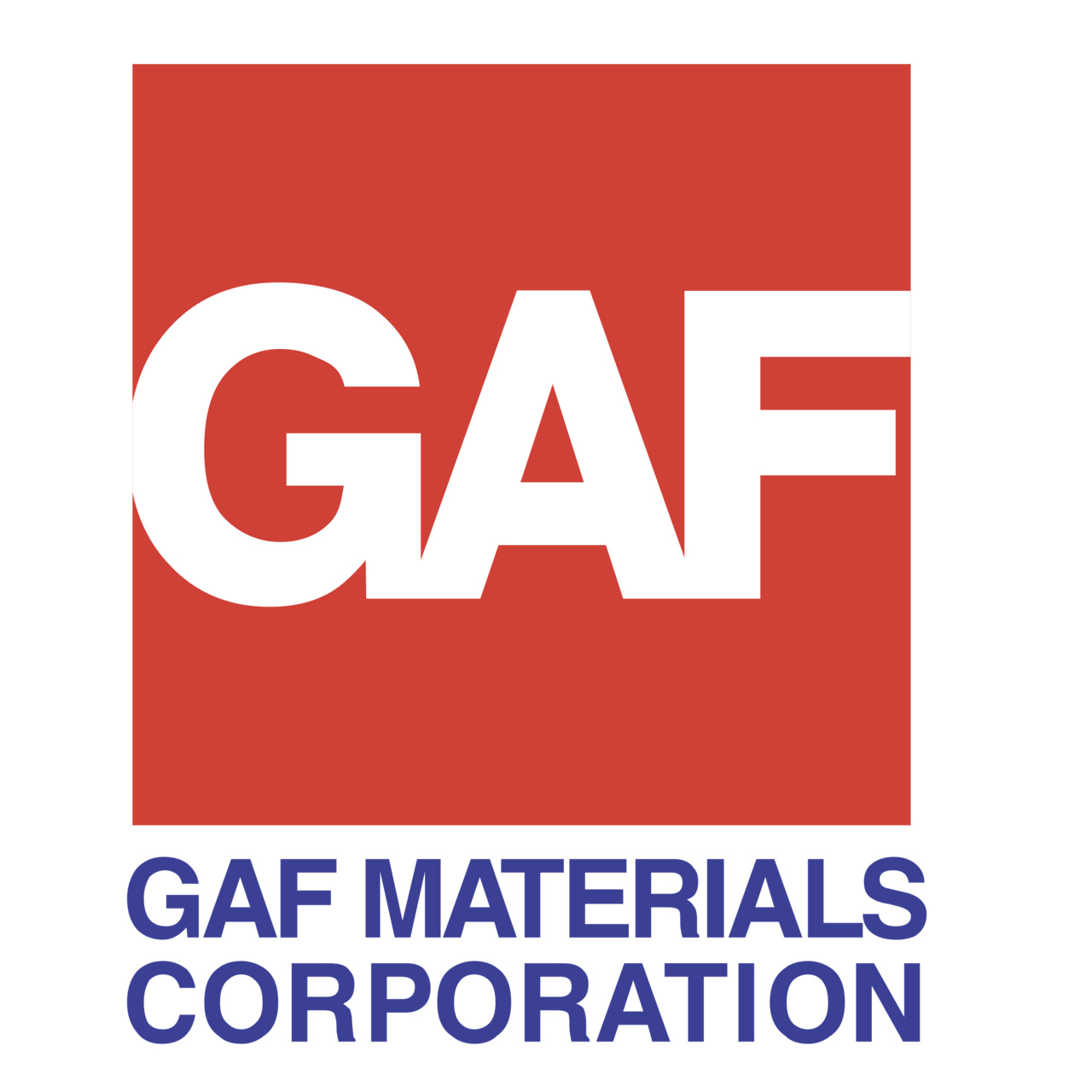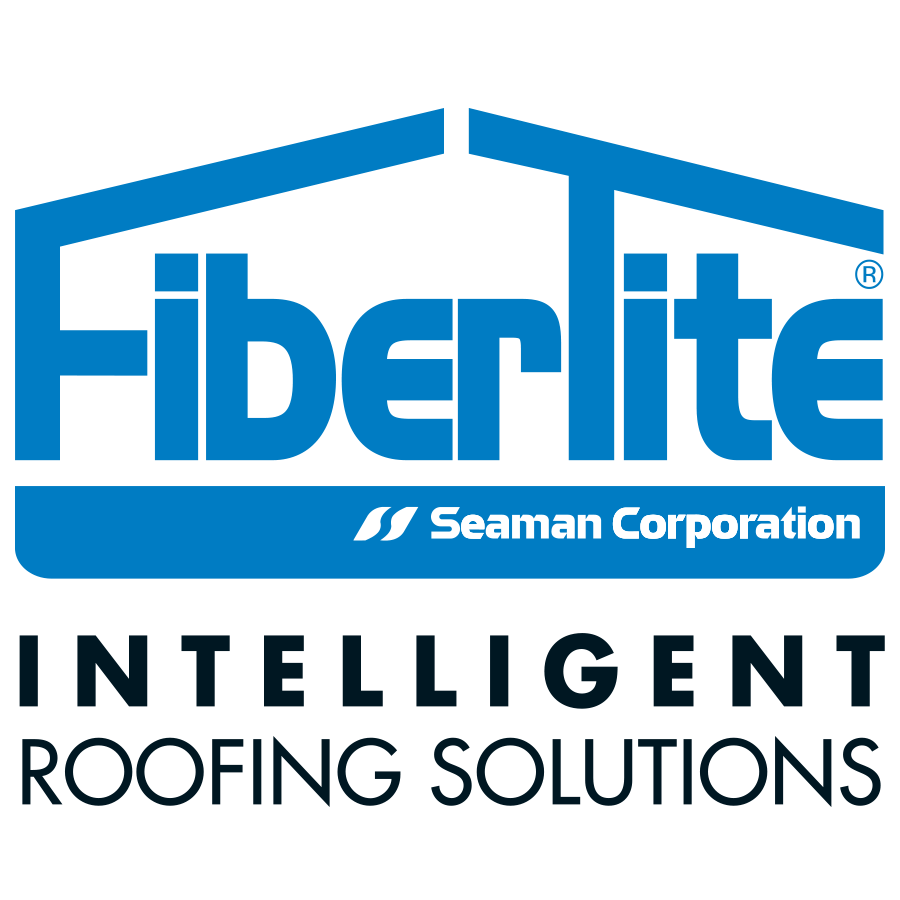Energy Efficiency in Rock Hill SC
Are you looking for ways to make your roof more energy-efficient? Do you want to reduce cooling and heating costs around the home, while also protecting your property from extreme weather? If so, then an efficient roof may be just what you need.
From understanding reflective coatings to determining whether reroofing is necessary — read on as we take a closer look at achieving top performance with a roofing system that works hard for you.
Key Factors Affecting Roof Energy Efficiency
Your roof’s energy efficiency is influenced by several key factors:
- Insulation: Having adequate insulation helps minimize heat transfer, ensuring that your home stays cool during summer and warmer throughout winter.
- Roof Color: Roofing material color plays a role in heat absorption. Darker shades have higher heat absorption, whereas lighter shades reflect it.
- Material: The type of roofing material you choose can impact energy efficiency. Some materials have better insulation properties and reflectivity than others.
- Ventilation: Proper roof ventilation allows hot air to escape, reducing the need for excessive cooling in hot weather.
The Concept of Cool Roofing & Reflective Roofing
Cool roofing and reflective roofing are design concepts aimed at maximizing energy efficiency:
- Cool Roofing: Cool roofing materials are designed to reflect more sunlight and absorb less heat than standard materials. This helps keep your home cooler and reduces the load on your cooling system.
- Reflective Roofing: Reflective roofing goes a step further by incorporating reflective coatings that bounce solar radiation away from the roof’s surface, preventing heat buildup.
Energy Efficient Roofing Materials
Choosing the right roofing material is essential for energy efficiency:
- Metal Roofing: Metal roofs are known for their reflectivity and durability, making them a popular choice for energy-efficient roofing.
- Tile Roofing: Tile roofing can be energy-efficient due to its ability to reflect heat when properly installed.
- Cool Roof Shingles: Some asphalt shingles come with cool roof technology that reflects more sunlight and heat.
The Benefits of Solar Roofing Systems
Solar roofing systems are a cutting-edge solution for maximizing energy efficiency:
- Renewable Energy: Solar panels on your roof generate clean, renewable energy, reducing your reliance on conventional power sources.
- Energy Savings: Solar roofing can significantly lower your electricity bills by harnessing the power of the sun.
- Environmental Impact: Solar roofing reduces your carbon footprint and contributes to a more sustainable future.
Roofing Ventilation for Energy Efficiency
Proper roof ventilation is crucial for maintaining an energy-efficient home:
- Summer Cooling: Ventilation allows hot air to escape from the attic, preventing excessive heat buildup in your home during summer.
- Moisture Control: Ventilation helps control moisture, which can lead to mold growth and reduce energy efficiency.
Maintaining and Upgrading Your Roof to Optimize Energy Efficiency in Rock Hill SC Over Time
Maintaining and upgrading your roof is an ongoing process that can enhance energy efficiency:
- Regular Inspections: Routine roof inspections identify issues that may compromise energy efficiency, such as damaged insulation or roofing materials.
- Upgrades: Consider upgrading your roofing materials or adding insulation to improve energy efficiency.
- Solar Integration: Explore the possibility of integrating solar panels into your existing roof to maximize energy generation.
At Eason Roofing, we understand the critical role of roofing in energy efficiency. We offer expert advice, energy-efficient roofing materials, and solar roofing solutions to help you achieve optimal energy efficiency for your home. If you have any questions or require assistance with energy efficiency concerns, please don’t hesitate to contact us. Your comfort, savings, and environmental impact are our top priorities.







